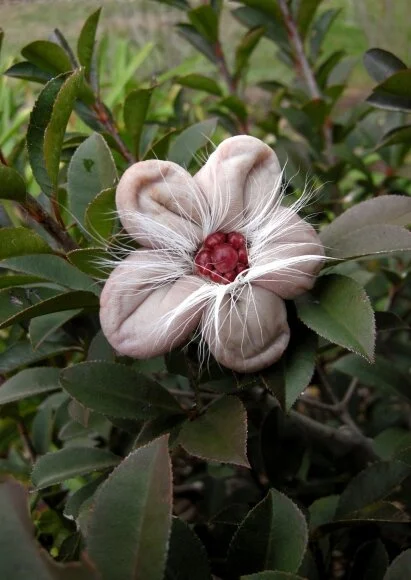The Acceptance of Loss, Part II
To read Kerouac, especially his poetry, is to listen to an already posthumous message sent from himself to himself in the void after the end of speech…
Meow Wolf: Revenge of the Artist?
When Meow Wolf’s claim to fame, House of Eternal Return, hatched in March 2016, the art world was forced to confront the monster that two decades of discourse around socially-engaged art had unwittingly created.
Walter Benjamin’s Marxist Critique
“Critique is an exploration of conditions of possibility for freedom in transformation.”
An Afternoon at MoMA
It’s hard to be the Museum of Modern Art when the modern has become a thing of the past and a rather suspect thing at that.
An Afternoon at the Met
But what of the museums themselves? The artworks, their placement, the hallways, the exhibits, the choreography of passing through?
Six Theories About Sofia Coppola
Sofia Coppola doesn't seem to work so much with “the female gaze,” whatever that might mean. She doesn't watch women so much as she watches men watching women.
The Anatomy of the Image
The experience is absolute; a demonstration is made of the presence of an incomplete reality to which its image is opposed by the intervention of a motor element condensing the real and the virtual into a superior unity.
Sleight of Flower
Every creation has resonance beyond itself. Our participation in nature is a creative act by which nature knows its further nature, as we know our own.
Intimation
To create something new, at best, is to give an intimation of the potential that is obstructed, and hence, by a contrast however faint, to draw attention to the obstruction and the pain it induces.
Crítica del Arte Revolucionario: Trotsky, Benjamin, Adorno y Greenberg
El arte modernista para Trotsky no podía ser considerado como una nueva cultura sino más bien como una expresión de la tarea y demanda de trascender la sociedad y cultura burguesas.
Mallarmé, Our Contemporary
“If there has ever been a present to work in spite of, it is ours, but how different was that of the late nineteenth century? Or rather, is there a present? No such thing, thought Mallarmé — just a gap that the news tries to paper over.“
On The Poetic Works of John Devlin, Part III
The spirit riding through the house of human memory. A taste of heavenliness still melancholy with lived sufferings. The hell of the present through which heaven is found — the finding of which is a middle-ground, and the site of personal, heretical, intense theology.
Giacometti
Michel Leiris’s 1929 essay on the sculptor Alberto Giacometti, translated by Rainer Hanshe.
Summer Hours
Frédéric sees the desk where his mother, now passed, did her business, shoved unopened mail, searched for a pen, locked away in a glass case. “Doesn't it seem caged?”
De la Traducción como Conquista, Parte III
Cualquiera puede solamente verse beneficiado por una buena traducción, porque una traducción actúa sobre y retroactivamente transforma el original.
On The Poetic Works of John Devlin, Part II
The re-imagining of Christianity among its livelier adherents is as vital as any secular “poetics.”
De la Traducción como Conquista, Parte II
El pasado no desaparece en el presente sino que trona hacia el olvido junto con él. El presente es supuesto por el pasado, incluso si no es el futuro que el pasado tenía en mente.
De la Traducción como Conquista, Parte I
Caesura publica la primera parte del ensayo Traducción como Conquista de Austin Carder traducido al español por Christopher Uribe.




















